Throughout their lives, women experience many changes in their bodies. From puberty to menopause, these changes are deeply felt both physically and emotionally.
But sadly, as if they weren't challenging enough on their own, there's a lot of societal baggage surrounding these bodily changes.
However, changes in weight, shape, or other physical traits are something that happen to everyone. Age, childbearing, and hormone levels are all major players in our bodies' evolutions, and they're all totally normal. No two women are ever alike, and so their changes will be unique.
But sometimes, those changes fall outside the range of the typical. When that happens, unexpected and sometimes very challenging changes can take place, and they can be caused by a specific condition.
One condition is polycystic ovary syndrome (PCOS). Affecting possibly as much as 20 percent of the population of women, this condition is characterized by a set of symptoms that can be very severe and disruptive.
They can also pose emotional challenges as they bring all those societal hang-ups about women's bodies to the fore.
But if you have or think you might have PCOS, there's hope. While there is not yet a cure, there are plenty of easy ways to manage the condition.
And if you need a role model, look no further than the woman who grew a beard as a result of PCOS and decided to embrace and love her body and empower others to do the same.
Read about the symptoms and treatment options below, and if you think you may have PCOS, talk to your doctor.
Thumbnail Photo: British Skin Foundation
What Is PCOS?
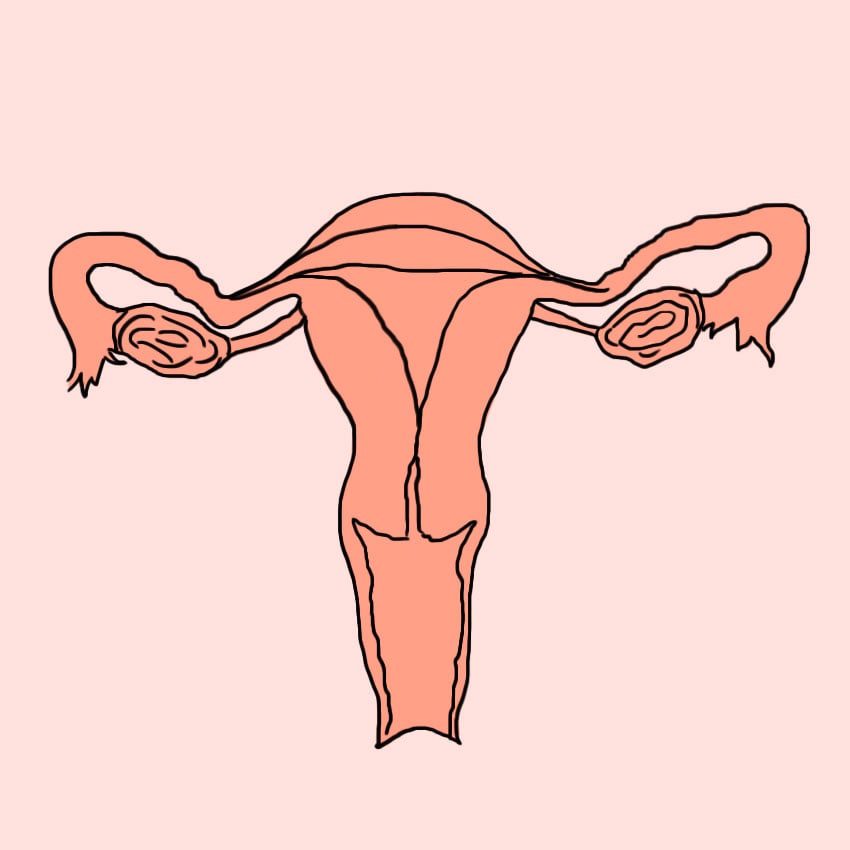
Polycystic ovary syndrome, or PCOS, is an endocrine condition caused by elevated levels of androgens, or male hormones, in women.
It is caused by genetic and environmental factors, and has a wide range of symptoms and severities, making it often difficult to diagnose.
However, research suggests it may be linked to insulin, with PCOS linked to women with higher insulin levels.
PCOS affects anywhere from 2 percent to 20 percent of women between the ages of 18 and 44, depending on which symptoms are used to define it.
It's also a risk factor for diabetes, heart disease, high blood pressure, sleep apnea, and some cancers.
So what are the common symptoms of PCOS?
What Are The Symptoms Of PCOS? Symptom #1: Difficulty Conceiving
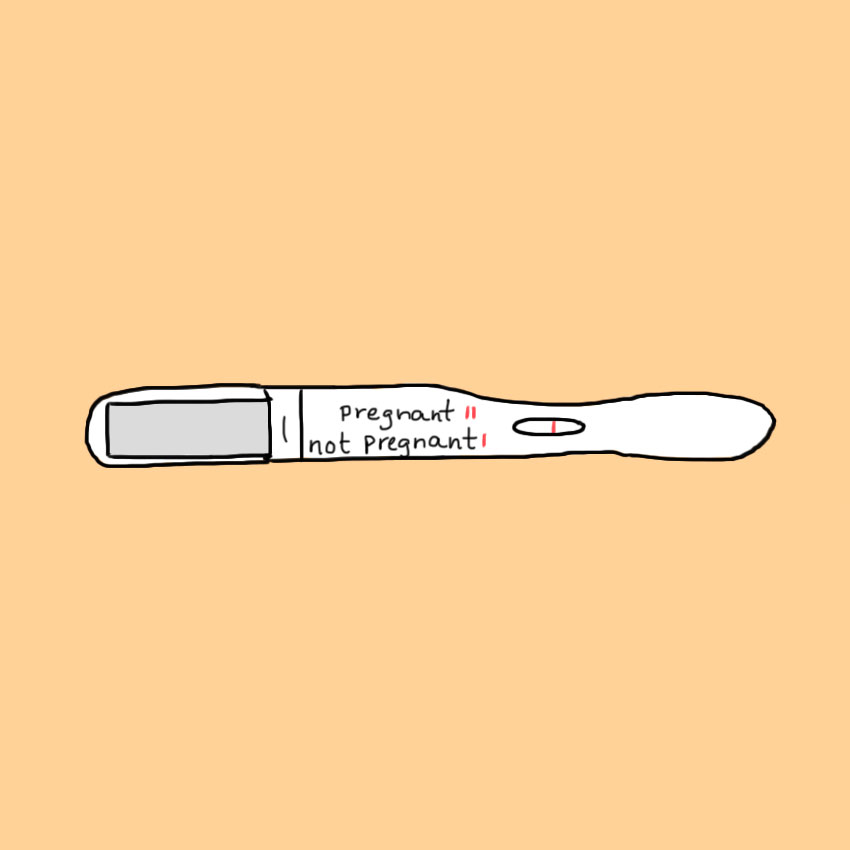
PCOS is one of the leading causes of fertility issues in women. This is because PCOS prevents the body from ovulating regularly, or sometimes from ovulating at all.
It happens because the follicles that normally release an egg from the ovary never mature due to lack of hormone, and so they remain in the ovary.
Pregnancy is possible with PCOS, but extra care and fertility treatments may be required.
Symptom #2: Irregular Menstruation

One of the most common symptoms of PCOS due to the flood of male hormones is an irregular period. Periods may even be absent altogether.
However, in some people, these hormones can also cause prolonged, heavy periods. It really depends on the person — and makes pinpointing PCOS so tricky.
Many women also experience pain or cramping in the pelvis.
Symptom #3: Abundant Body Hair
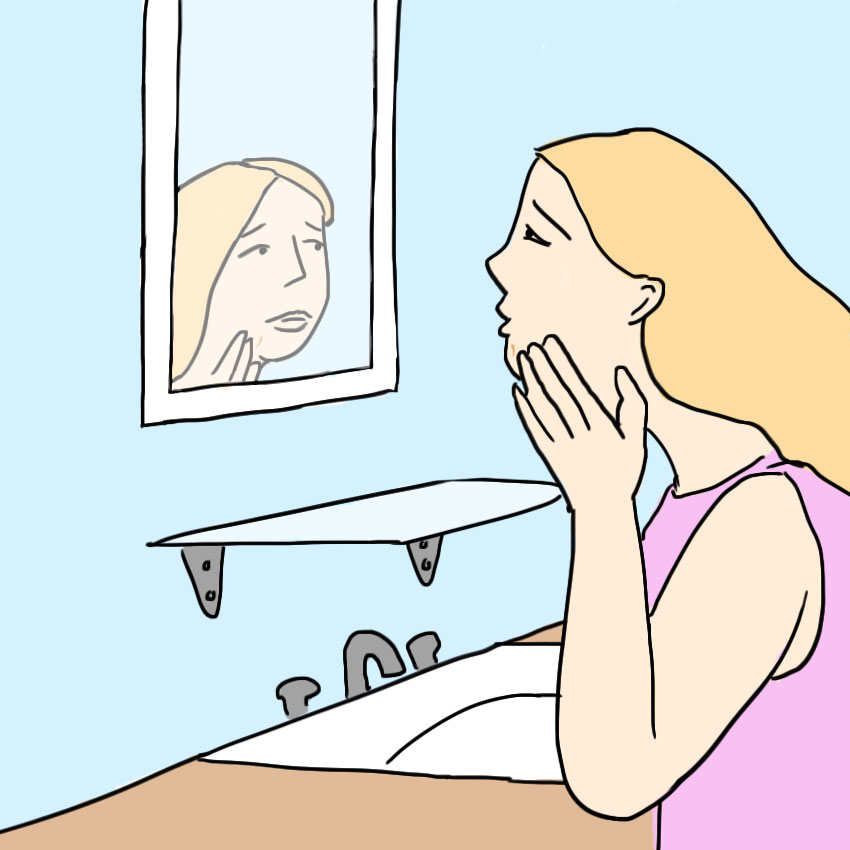
Hirsutism is the medical term for an excess growth of hair all over the body.
This hair usually starts growing on the face, chest, back, fingers, and toes.
Different people have different amounts of body hair, but hirsutism is characterized by an increased amount. This is caused by raised levels of male hormones.
Symptom #4: Acne, Oily Skin, And Dandruff
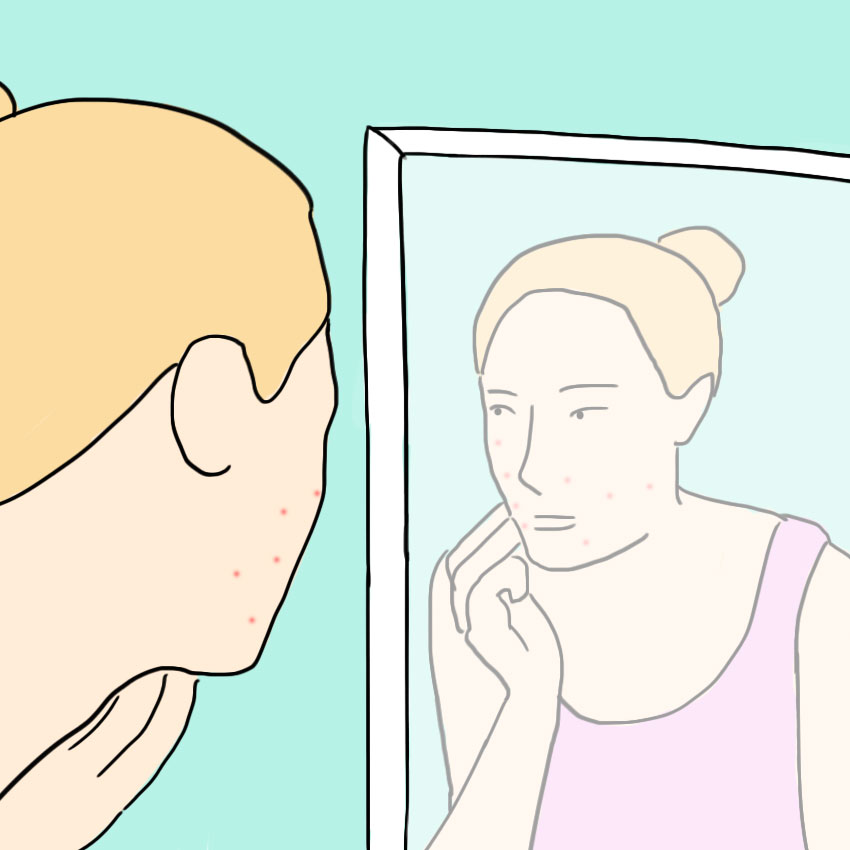
Another effect of excess male hormones is oily skin that breaks out a lot.
If you experience breakouts before your period, it's the same principal, but PCOS sees it in much more elevated levels.
Sudden, severe breakouts and/or changes in skin and scalp chemistry can signal PCOS.
Symptom #5: Weight Gain
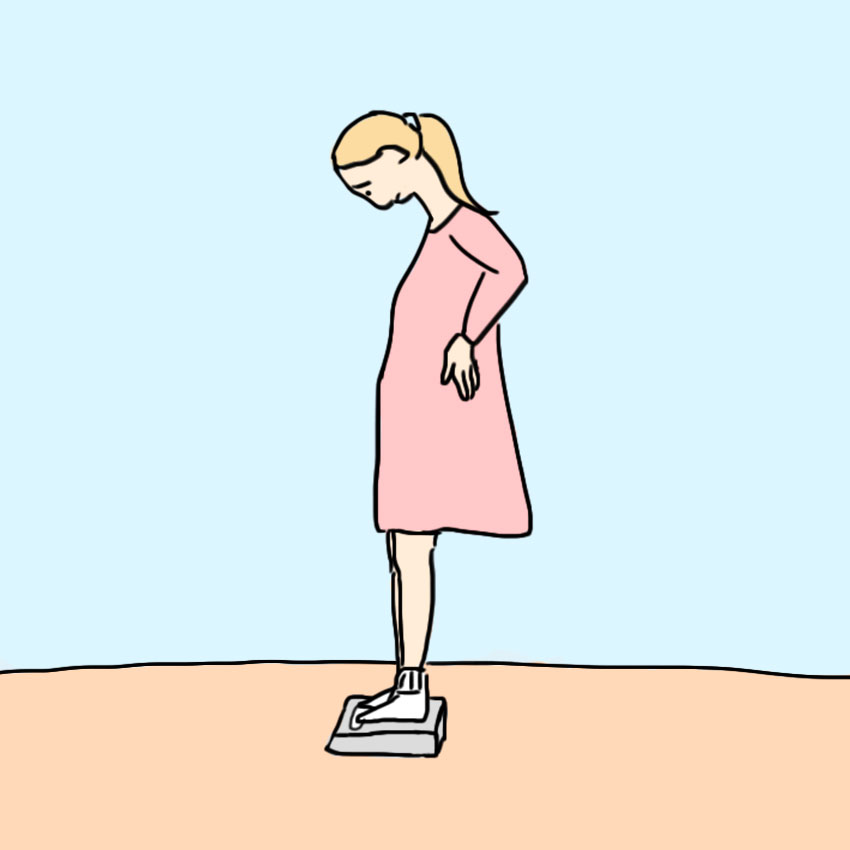
PCOS also affects the metabolism, causing weight gain. This weight gain is most commonly seen around the midsection.
This form of weight gain is also linked to insulin levels. Women with PCOS tend to have higher insulin levels, and Type II diabetes is common in women with PCOS.
Symptom #6: Anxiety And/Or Depression
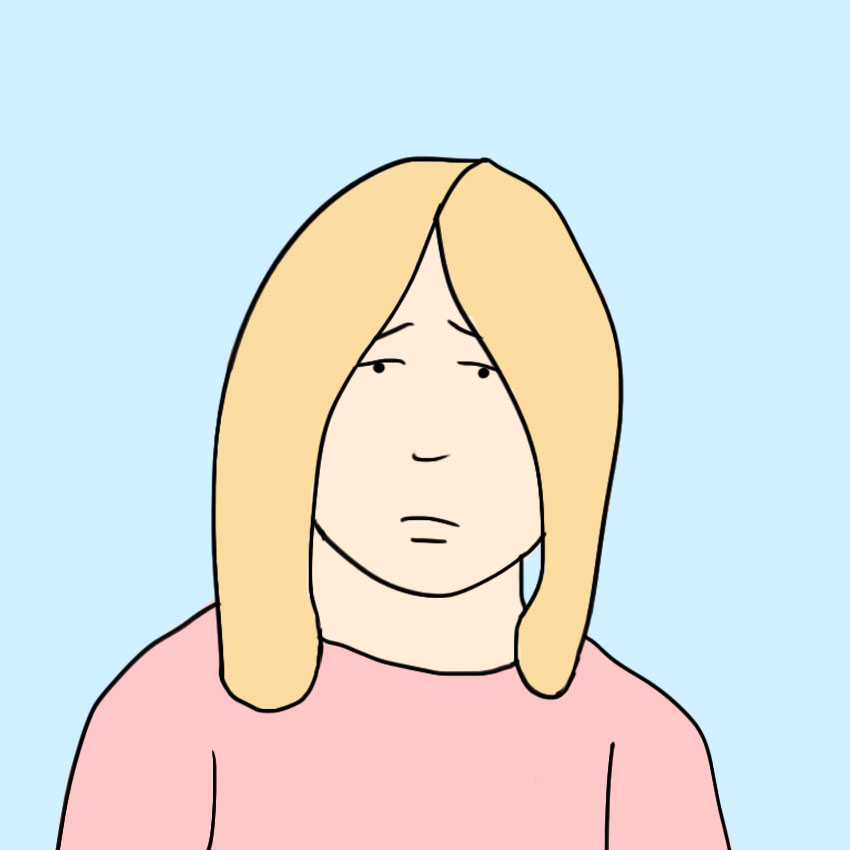
Hormones affect our moods as well as our bodies, as women who experience PMS everywhere know.
For women with PCOS, feelings of tension, depression, or irritability may be even more severe.
Experiencing body changes like weight gain and body hair growth, due to society's pressures to look a certain way as well as wanting to feel at home in your own body, will often also exacerbate these feelings.
So what can you do if you have PCOS?
How Can I Manage My PCOS? Management Tip #1: Adjust Your Diet

Certain foods will aggravate symptoms and raise hormone and insulin levels, so it's best to make some dietary changes first and foremost.
For managing insulin levels, look for low-glycemic foods and eat plenty of leafy green vegetables, fresh fruits, and lean meat and fatty fish high in Omega-3.
Avoid soy products, as they can interfere with hormone levels, as well as processed foods that can cause spikes in insulin levels. Dairy raises testosterone levels, so is also best avoided.
Management Tip #2: Try Magnesium

Magnesium is a mineral used by the body as an electrolyte, and helps with metabolism as well as blood sugar and blood pressure regulation.
It also keeps stress hormones in check. Many women with PCOS are lacking in this mineral.
Your magnesium intake can be upped by way of a simple dietary supplement. Look for Magnesium Glycinate.
You can also try an Epsom salt bath or a magnesium oil spray, which allow for magnesium to be absorbed through the skin.
Management Tip #3: Exercise
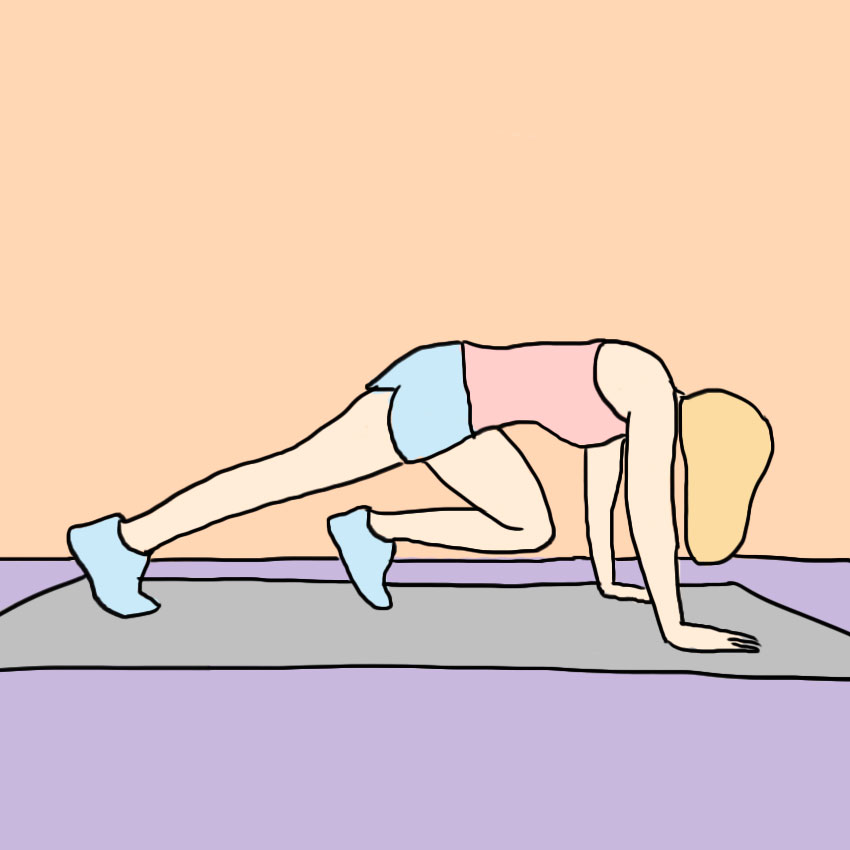
The best kind of exercise for PCOS is intense exercise. How intense? You should be breaking a sweat in the first few minutes. Your ideal workout should last anywhere from 15 to 30 minutes.
You should also work toward increasing your resistance, which will build muscle and raise your metabolism.
Talk with a doctor or trainer to determine your fitness level for a healthy and safe starting point.
Management Tip #4: Consult With An Aesthetician
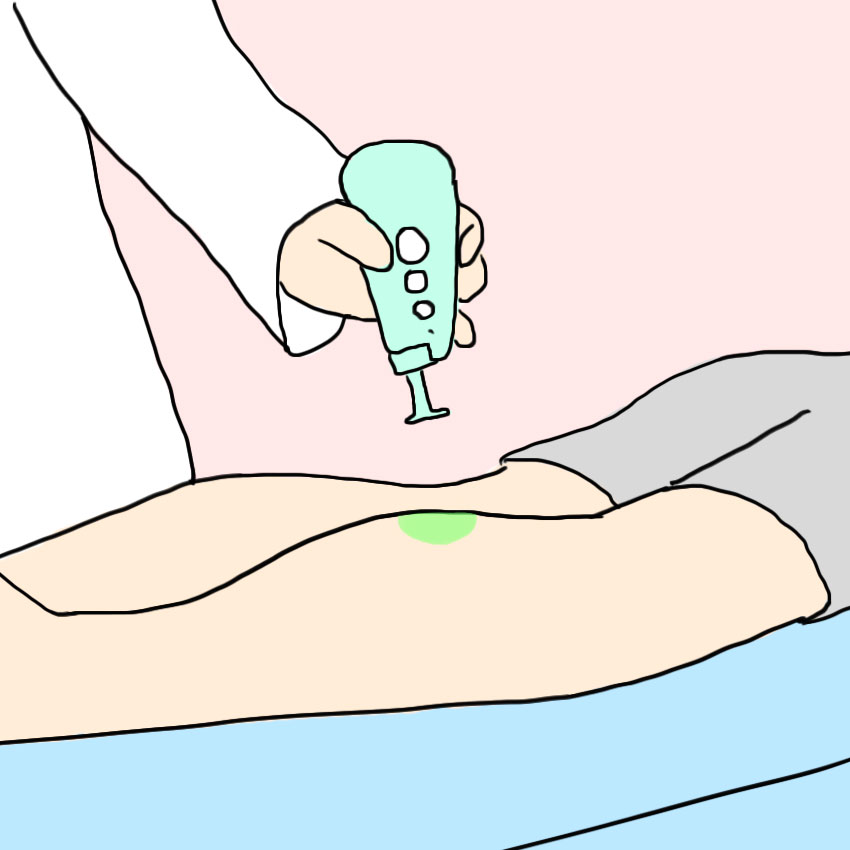
There are many options for hair removal out there, as you probably already know since women everywhere are constantly bombarded with them.
If you'd like to remove excess hair, you just need to find out which option works for you. Shaving, waxing, creams and bleaches, laser removal, and electrolysis are all options.
Check out the pros and cons of each, and see what works best for you. Or, you could just let it grow out! No shame either way.
Management Tip #5: Talk To A Therapist
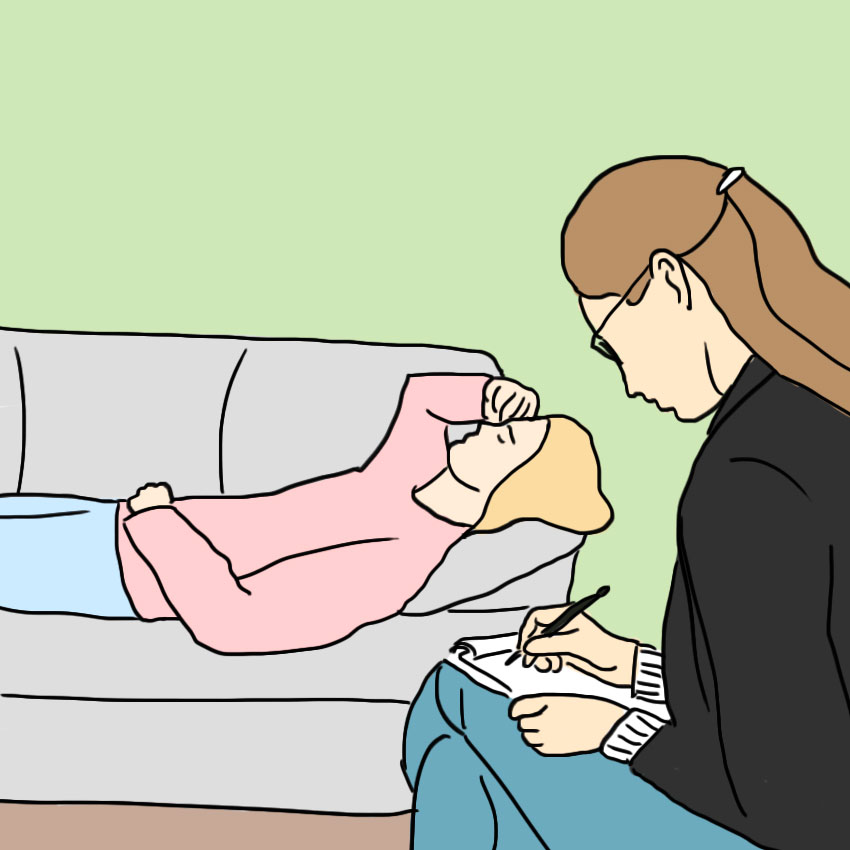
Spiking hormones and a body changing in unexpected ways can make us feel out of control.
Not conforming to an ideal of beauty can make us feel ashamed of our bodies or like we've somehow failed.
Explaining our condition over and over again can make us irritated, stressed, and exhausted.
And all of this can weigh heavily on the mind and body and cause anxiety and depression, which are very real, serious illnesses with physical side effects.
If you've feeling overwhelmed, seek counseling with a professional. They can help you manage your emotions and learn the skills you need to meet life's challenges.
Management Tip #6: Talk To Your Doctor
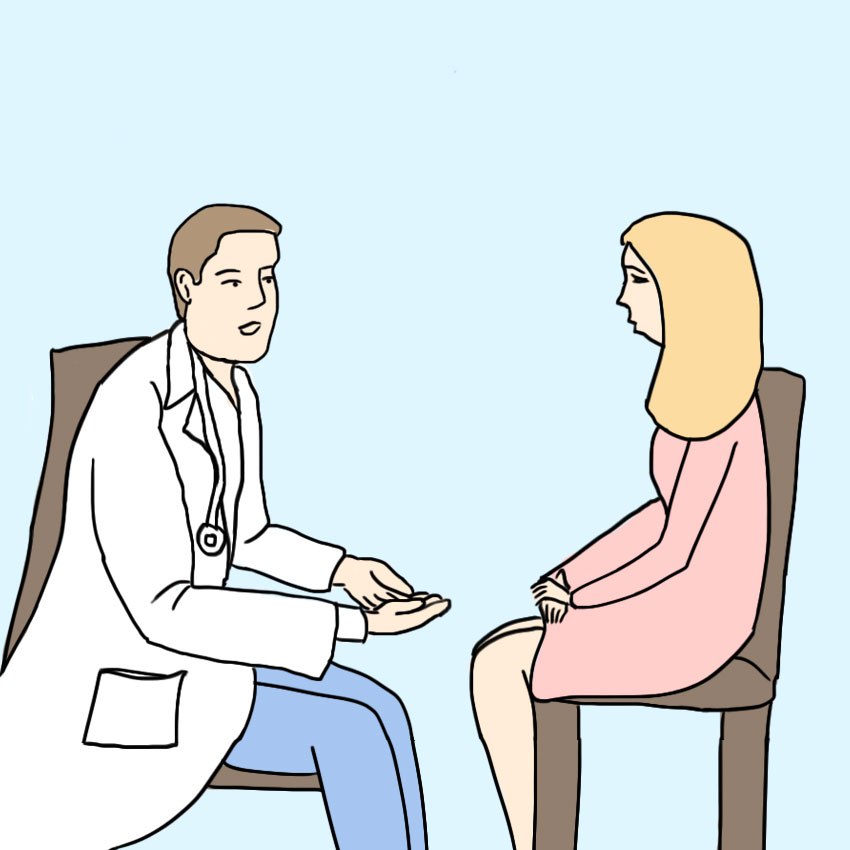
Most women with PCOS take some kind of medication, typically to manage their hormone levels.
Since all bodies are different, there is no one "right" prescription for everyone.
Talk to your doctor, or to an endocrinologist, about finding the right medications, doses, and management plan for you.
They can help you find the right levels, and also teach you about how PCOS medications may interact with other health issues.
If you or someone you know have symptoms of PCOS, please SHARE this important information to help spread awareness!




